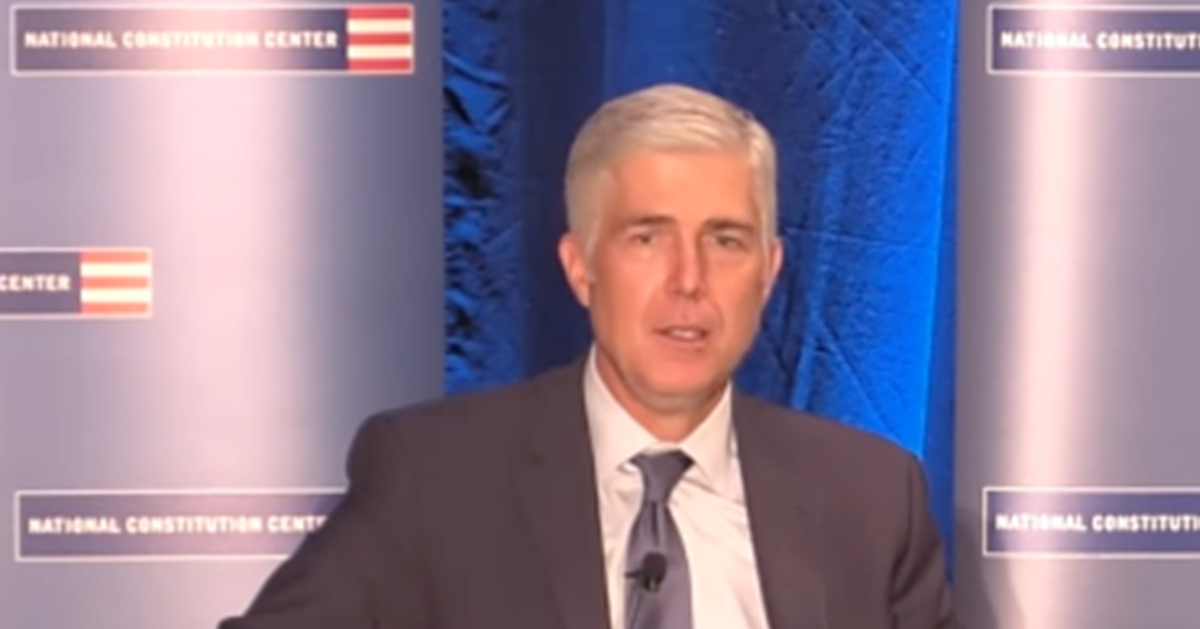Poll: Republicans Gain Ground in Tight Michigan Senate Race
The race for Michigan's U.S. Senate seat, left open by retiring Democrat Sen. Debbie Stabenow, has become a heated contest between Democrat Rep. Elissa Slotkin and Republican former Rep. Mike Rogers.
While Slotkin has maintained a narrow lead in the polls for some time Rogers has seen a recent surge in support, narrowing the gap in recent weeks, in what could also be a sign of trouble for Kamala Harris' presidential hopes, as National Review reports.
Recent polling data suggests that the Michigan Senate race is neck-and-neck, with both candidates vying for a chance to win a seat that has been held by Democrats for decades.
Slotkin has consistently led Rogers by small margins, with polling averages from RealClearPolitics showing her holding a 4.8-point advantage. However, a new Tarrance Group poll conducted between Sept. 14 and 18 among 607 likely voters shows the race tightening further. Slotkin holds 49% of the vote, while Rogers trails closely at 47%, with 4% of voters still undecided. Given the poll's 4.1% margin of error, the race is effectively a tossup.
Republicans Push Hard in Final Stretch
Rogers's campaign has been fueled by growing Republican enthusiasm, particularly as the national political landscape becomes more competitive. His campaign team, led by Tom Longpre, pointed to the recent Cook Political Report rating, which moved the Michigan Senate race into the "tossup" category.
Longpre stated in a memo on September 16, “Mike Rogers has the momentum and for the first time in 30 years Republicans have a real opportunity to flip a Michigan U.S. Senate seat, virtually guaranteeing a Senate majority for Republicans.” The memo emphasized that Rogers’s campaign strategy hinges on broad voter outreach efforts, which have gained steam over the past few months.
Rogers’s campaign has engaged heavily in grassroots efforts, knocking on more than 250,000 doors and making over a million phone calls to voters. According to campaign officials, they are making over 200,000 voter contacts per week, a figure they hope will be pivotal in the final days of the campaign.
Polling Data Shows a Close Contest
The latest polls offer a mixed picture of the race. While the Tarrance Group poll shows Slotkin ahead by just 2 percentage points, another survey from USA TODAY and Suffolk University conducted between Sept. 16 and 19 shows a slightly wider margin, with Slotkin leading 44.6% to Rogers's 42.6%. Both candidates are vying for the support of undecided voters, who could be key to determining the outcome of the election.
The USA TODAY/Suffolk poll also provided insights into the national political climate, showing Vice President Kamala Harris leading former President Donald Trump in a potential matchup, with Harris garnering 47.6% to Trump’s 45.4%. This indicates that Michigan remains a crucial battleground state not only for the Senate race but also for the 2024 presidential election.
Rogers Campaign Banks on Voter Discontent
Rogers has sought to capitalize on voter frustration with the current political environment, particularly among those disillusioned with the direction of the Democratic Party. In an interview with National Review, Rogers compared the state of American politics to a famous scene from Star Wars, saying, “‘These are not the droids you are looking for.’ This feels a lot like that scene in Star Wars to me.” He added that Slotkin’s alignment with Democratic policies may alienate moderate voters, claiming, “This is not your mother’s Democrat Party. This is not your grandfather’s Democrat Party. It is so far left.”
Rogers is betting that this discontent, combined with effective outreach efforts, will give Republicans their best chance in decades to capture a U.S. Senate seat in Michigan. Republicans have not won a Senate race in the state since 1994, but with national trends pointing to a competitive 2024 election cycle, the GOP sees an opportunity to reverse that long-standing trend.
Slotkin Campaign Holds Steady Despite Pressure
Despite the increasing pressure from Rogers and the Republican Party, Slotkin’s campaign has remained steady in its messaging, emphasizing her experience as a representative and her commitment to addressing issues important to Michigan voters. Slotkin has highlighted her work on national security and economic issues as central to her Senate bid.
With polls tightening, both campaigns are expected to ramp up their efforts in the coming weeks as Election Day approaches. The outcome of this race could play a crucial role in determining control of the U.S. Senate, with Republicans hoping to capitalize on a favorable political environment to secure a majority.
Final Push as Undecided Voters Hold the Key
Both candidates will likely focus their attention on undecided voters in the final stretch of the campaign. The 4% of undecided voters in the Tarrance Group poll and the 12.8% of voters who did not express a preference in the USA TODAY/Suffolk poll could ultimately determine the outcome. As both campaigns increase their voter contact efforts, the race is expected to remain highly competitive.
With just weeks remaining before the election, the Michigan Senate race is poised to be one of the most closely watched contests in the country. Both Slotkin and Rogers have strong support bases, but with polls tightening, it remains unclear who will emerge victorious in this key battleground state.
Conclusion
As the race for Michigan’s U.S. Senate seat intensifies, polls show a close contest between Democrat Elissa Slotkin and Republican Mike Rogers.
Slotkin has maintained a narrow lead, but recent polling indicates Rogers is closing the gap. Rogers's campaign has ramped up voter outreach efforts, while Slotkin continues to emphasize her experience and policy record.
With undecided voters potentially deciding the outcome, the race remains a tossup, and the result could have national implications for the balance of power in the Senate.



